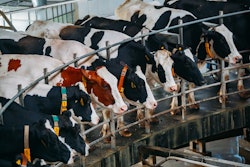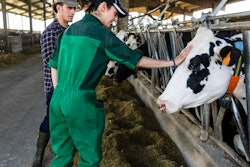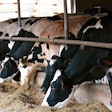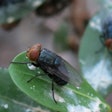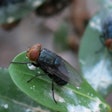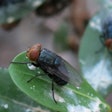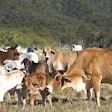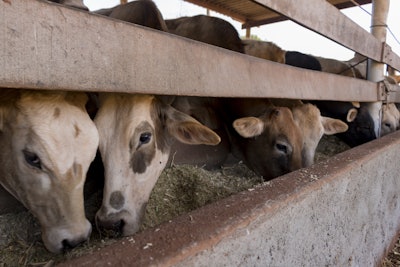
Beginning on September 16, the U.S. Department of Agriculture (USDA) Food Safety and Inspection Service (FSIS) will add H5N1 monitoring in dairy cows at slaughter to its national surveillance programs for pathogens and chemical contaminants.
FSIS will leverage its existing National Residue Program (NRP) and conduct H5N1 sampling in the muscle samples of dairy cow carcasses already collected for this program. Samples will be tested by FSIS laboratory personnel using polymerase chain reaction (PCR) testing. Carcasses sampled under the NRP are held by establishments pending results of residue testing. This process will not require additional holding time for carcasses beyond current residue testing protocols. In the event of a positive H5N1 finding, USDA will work with industry to ensure the carcass does not enter the food supply.
The initiative builds upon three separate beef safety studies related to avian influenza in meat from dairy cattle.
Reimbursements for biosecurity
Midwestern dairy farmers can apply for reimbursement grants of up to US$10,000 each to support on-farm biosecurity efforts amid the ongoing outbreak of H5N1 in dairy cattle, the Wisconsin Cheese Makers Association (WCMA) announced on August 13.
Total pilot program funding of US$100,000 is available on a first-come, first-served basis through the Dairy Business Innovation Alliance (DBIA), a partnership between WCMA and the Center for Dairy Research (CDR).
"We know that farmers face myriad pressures, and we want to help them feel supported as they address new challenges posed by the outbreak of H5N1 in dairy herds,” said WCMA Senior Director of Programs and Policy Rebekah Sweeney. “WCMA, together with our friends at CDR, are pleased to offer funding for dairy businesses to maintain safety and security for their operations, employees and animals.”
Funding is available to dairy farmers operating anywhere in DBIA’s 11-state service region: Illinois, Indiana, Iowa, Kansas, Michigan, Minnesota, Missouri, Nebraska, Ohio, South Dakota and Wisconsin. No match is required. Grant funds can be used to support the purchase of equipment and supplies, employee training and biosecurity consulting services.


